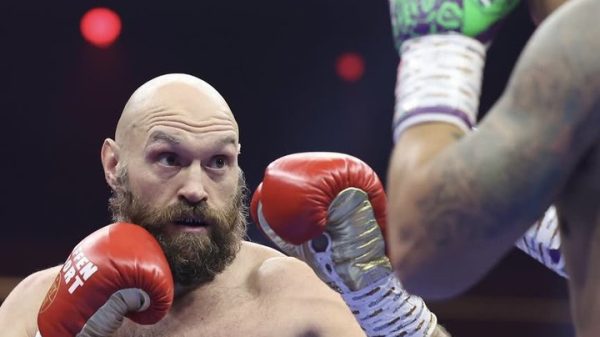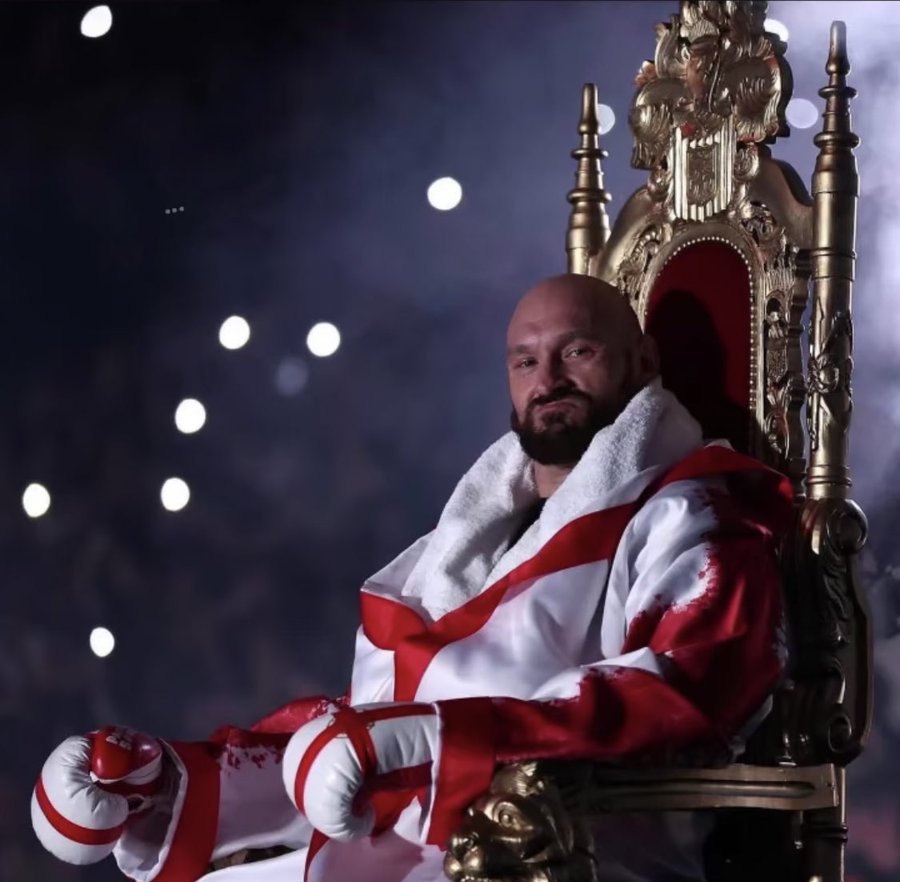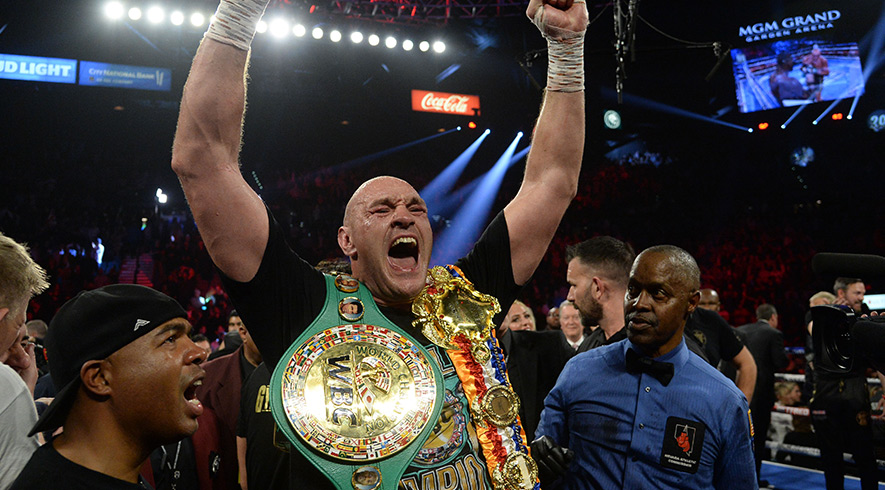By Sean Crose
Let’s make one thing perfectly clear:
Stepping into a boxing ring is not the same as charging from a landing craft onto Omaha Beach. It’s not even close. Anyone who thinks otherwise has no business being in the sport. While it’s true that boxing is all about one person out-skilling or beating the hell out of another person, it shouldn’t be about serious injury or death. Ever.
With that in mind, let’s move onto last week’s Froch-Groves matchup. In my humble opinion, referee Howard Foster may have stopped the fight too soon. I use the word “may” here because I saw the bout through a screen, not through the eyes of Foster. The man might have seen the proverbial light dying out of Groves’ eyes when he ended the bout. It just didn’t seem that way. Not to me and not to anyone else, either.
Still, I’m not going to bash Foster. Not after seeing Duk Koo Kim sustain damages which eventually killed him back when I was a kid, and not after seeing Magomed Abdusalamov being hurt to the point of death several weeks ago on H.B.O. Fans have a right to be frustrated by Foster’s decision, sure. They have a right to be angry, too. To question the man’s professionalism, however, is to take things a bit too far.
They have a tough job, these referees. Richard Steele endured untold amounts of grief after he stopped Julio Caesar Chavez’ bout with Meldrick Taylor. Taylor was ahead, after all, and there were only two seconds -just two seconds! – left to go in the fight. But Taylor wouldn’t respond to Steele’s inquiries after being knocked down in the 12th. Steele simply did what he was paid to do – stop the carnage.
Unfortunately, Steele fell under immense criticism again when he stepped in and halted Mike Tyson’s matchup against Donovan Ruddock a year later. Just like after the Chavez-Taylor bout, lot’s of people felt Tyson-Ruddock was called too soon…and it most certainly may have been. Ruddock got to fight Tyson again, however. Magomed Abdusalamov, on the other hand, will be fortunate if he even lives through his horrible ordeal.
Yet none of this excuses referees who call fights too soon. These men – and women – know what they’re getting themselves into when they step inside the ring. Referees exist in what is frequently a very gray zone. It’s a place where a split second decision can cost an entire career – or even a life. Regardless, referees are, or should be, well aware of this occupational hazard when they sign up for the job.
Still, it pays to have a bit of empathy when a ref makes a controversial call like Foster did. Groves had been dominating the fight, sure, but he was getting hammered when the bout was stopped. Imagine what would have happened if Foster went on to seriously damage the man. Granted, that possibility seems unlikely, but one never knows in boxing. Did Ray Mancini actually think he was beating a man to death when he fought his way to victory that Saturday afternoon way back in 1982?
So yeah, it may have been a bad thing for Groves that Foster stopped the fight when he did, especially now that Froch may deny Groves a well-deserved rematch just so he can go on to fight bigger names. Still, Groves looked terrific throughout most of the bout last week. The guy’s not going anywhere. Froch, on the other hand, is most likely on the downhill slide of an illustrious career. In short, Groves, unlike Froch, probably has a bright future ahead of him in boxing.
Ask yourself how many fighters now have no future at all because a referee let a fight go on too long.







